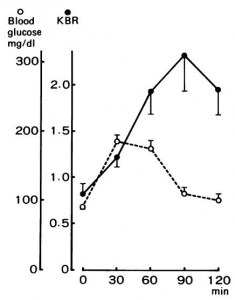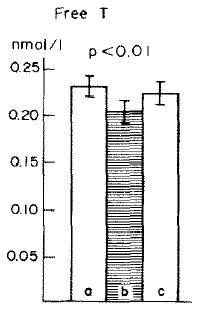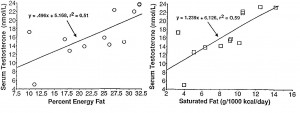From Times LIVE: “Does junk food make you lazy?”
“A diet rich in processed foods and fat – and the extra weight that comes along with it – may actually cause fatigue, a lack of motivation and decreased performance, according to a recent study involving lab rats… excessive consumption of processed and fat-rich foods affects our motivation as well as our overall health.”
(this is categorically false as both diets used in the study being discussed were very low in fat.)
And from Psych Central: “Rat study shows junk food can make you lazy”
The theory itself isn’t too far-fetched: a crap diet can cause weight gain and reduced energy expenditure, or a tendency to minimize any kind of physical activity… instead of: “’laziness’ causes obesity.” And whether or not it’s true, unlike what some would have you believe, this wasn’t the study to prove it.




